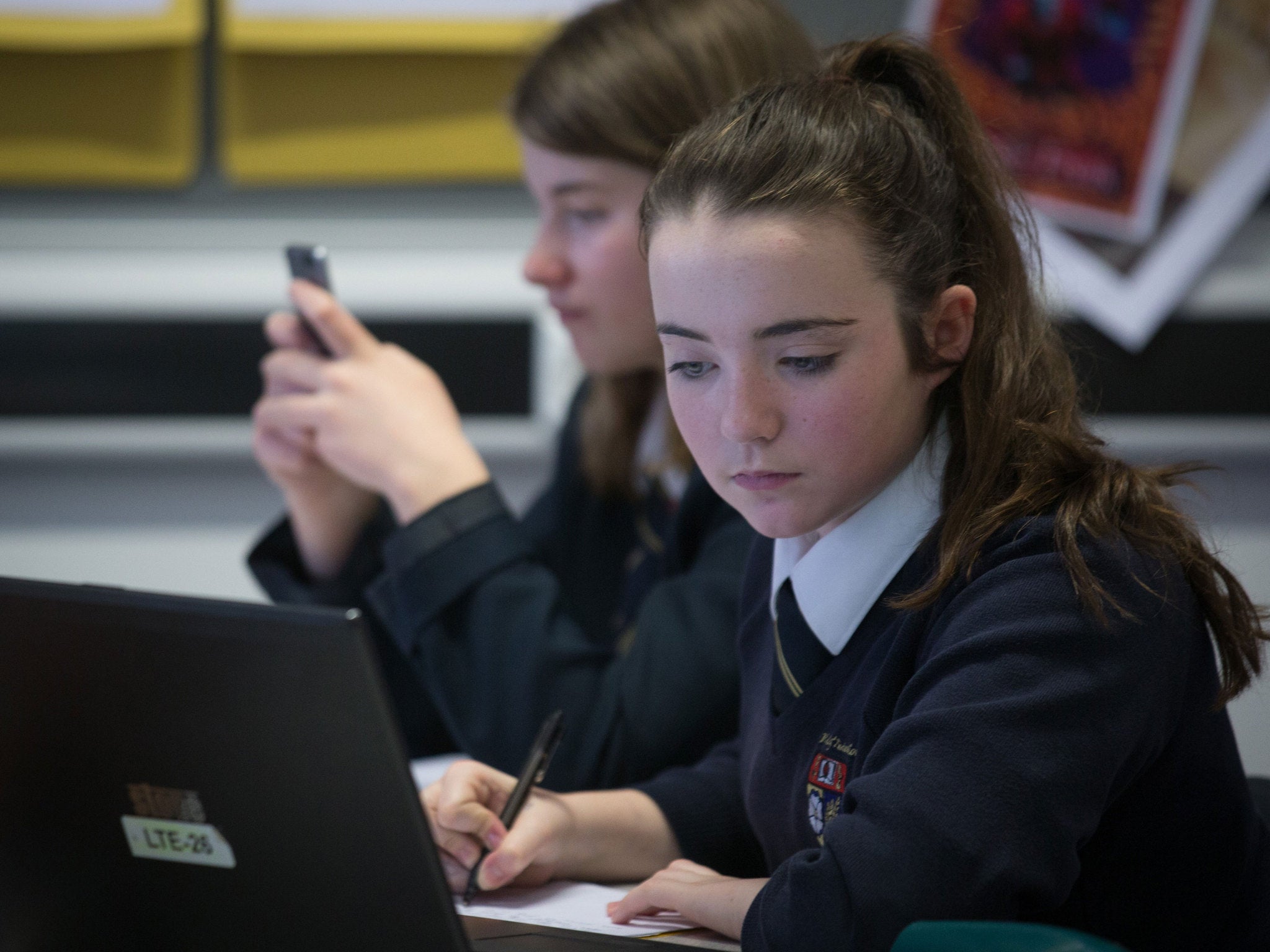Windows 10 automatically sends parents detailed dossier of their children's internet history and computer use
The feature, which is enabled by default during upgrading, could put children at risk as well as being a huge potential cause for embarrassment

Your support helps us to tell the story
From reproductive rights to climate change to Big Tech, The Independent is on the ground when the story is developing. Whether it's investigating the financials of Elon Musk's pro-Trump PAC or producing our latest documentary, 'The A Word', which shines a light on the American women fighting for reproductive rights, we know how important it is to parse out the facts from the messaging.
At such a critical moment in US history, we need reporters on the ground. Your donation allows us to keep sending journalists to speak to both sides of the story.
The Independent is trusted by Americans across the entire political spectrum. And unlike many other quality news outlets, we choose not to lock Americans out of our reporting and analysis with paywalls. We believe quality journalism should be available to everyone, paid for by those who can afford it.
Your support makes all the difference.Windows 10 sends a weekly “activity update” on childrens’ internet browsing and computer history to parents, by default and without telling anyone. The feature could be dangerous as well as embarrassing, users have pointed out, allowing parents to watch everything their children do on the computer.
The operating system sends a weekly note that includes a list of websites children have visited, how many hours per day they have spent on the computer, and for how long they have used their favourite apps, according to reports.
The feature appears to be turned on by default for family accounts — not notifying either children or their parents that they are being spied on — and was reported by parents who hadn’t asked for and weren’t aware of activating the feature themselves.
Some worried that the feature could accidentally out young LGBT people, by sending details of their web browsing to their parents. That could then in turn put them at risk of abuse by their parents, or danger, Twitter users have warned.
Others have worried that the feature is part of a shift towards “teaching children from the youngest age their every motion is being digital watched and they should self-censor as appropriate,” wrote Twitter user mcc.
Parents that warned about the feature have told young people to be aware that their parents might be spying on their web browsing.
“This weekend we upgraded my 14-year-old son's laptop from Windows 8 to Windows 10,” wrote a Boing Boing reader in an email to the site. “Today I got a creepy-ass email from Microsoft titled 'Weekly activity report for [my kid]', including which websites he's visited, how many hours per day he's used it, and how many minutes he used each of his favorite apps.”
The reader, known as Kirk, said that he couldn’t be sure that the reports were directly related to the upgrade. But they began very soon after the upgrade.
“OK, I admit that the timing might be coincidental but that would be one hell of a coincidence. I've never seen anything like this until we upgraded to Windows 10, and then I got the spy report the following business day.
“A message to young readers: if you have Windows 10 now, your parents might be getting the same kind of report I did. Don't assume your own computer has your back.”
The dossiers are just the latest example of worries about invasive spying on Windows 10 — which includes settings that allow Microsoft to look in on users’ computers, and which continues to send data to Microsoft even when they are turned off.
Join our commenting forum
Join thought-provoking conversations, follow other Independent readers and see their replies
Comments